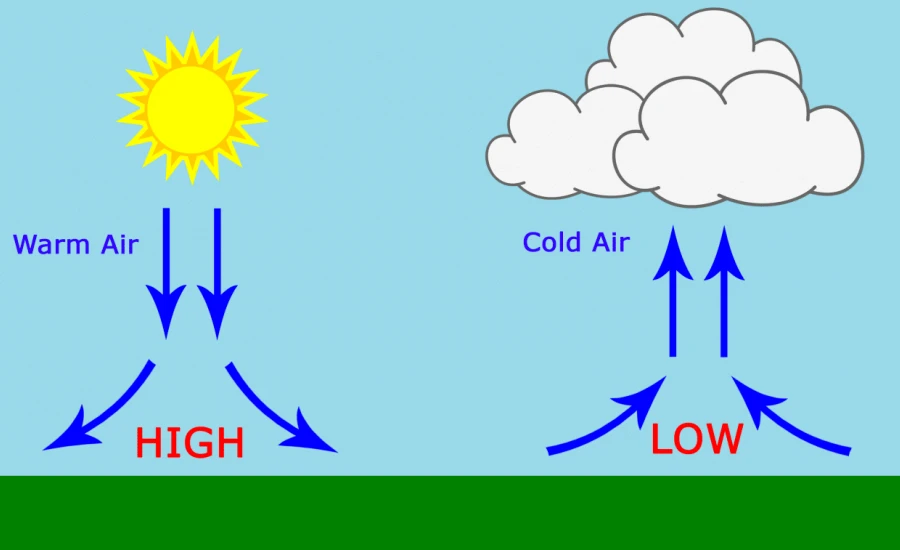Ambient Pressure Definition and Its Importance in Various Fields

# Ambient Pressure Definition and Its Importance in Various Fields
## What is Ambient Pressure?
Ambient pressure refers to the pressure of the surrounding environment at any given location. It’s the atmospheric pressure exerted by the weight of the air above a specific point on Earth’s surface or in any other environment. At sea level, standard ambient pressure is approximately 101.325 kilopascals (kPa), 1 atmosphere (atm), or 14.7 pounds per square inch (psi).
## Understanding Ambient Pressure Measurements
Ambient pressure can be measured using various instruments such as barometers, pressure transducers, or manometers. These measurements are crucial for numerous applications across different industries. The pressure decreases with altitude – for every 1,000 feet (305 meters) of elevation gain, ambient pressure drops by about 1 inch of mercury (inHg) or 3.386 kPa.
Importance of Ambient Pressure in Different Fields
1. Aviation and Aerospace
In aviation, understanding ambient pressure is critical for flight operations. Aircraft altimeters measure ambient pressure to determine altitude, while cabin pressurization systems maintain a comfortable environment for passengers at high altitudes where ambient pressure is significantly lower.
2. Weather Forecasting
Meteorologists use ambient pressure measurements to track weather systems. Areas of high pressure typically bring fair weather, while low-pressure systems are associated with clouds and precipitation. Pressure gradients help predict wind patterns and storm development.
3. Industrial Processes
Many manufacturing processes require precise control of ambient pressure conditions. Semiconductor fabrication, chemical processing, and food packaging often occur in controlled pressure environments to ensure product quality and safety.
4. Medical Applications
In medicine, ambient pressure considerations are vital for hyperbaric oxygen therapy, where patients breathe pure oxygen in a pressurized chamber. Similarly, understanding pressure changes is crucial for treating decompression sickness in divers.
5. Automotive Engineering
Engine performance is affected by ambient pressure, as it influences air density entering the combustion chamber. Modern vehicles use barometric pressure sensors to optimize fuel injection and ignition timing for different altitudes.
Factors Affecting Ambient Pressure
Several factors influence ambient pressure measurements:
- Altitude or elevation above sea level
- Temperature of the surrounding air
- Weather conditions and atmospheric systems
- Humidity levels (though the effect is relatively small)
- Geographic location (polar regions vs. equator)
Conclusion
Ambient pressure is a fundamental environmental parameter with wide-ranging implications across scientific, industrial, and everyday applications. From ensuring aircraft safety to predicting weather patterns and optimizing industrial processes, understanding and measuring ambient pressure remains essential in our technologically advanced world. As we continue to explore extreme environments from deep oceans to outer space, the importance of ambient pressure considerations will only grow.
Keyword: ambient pressure definition